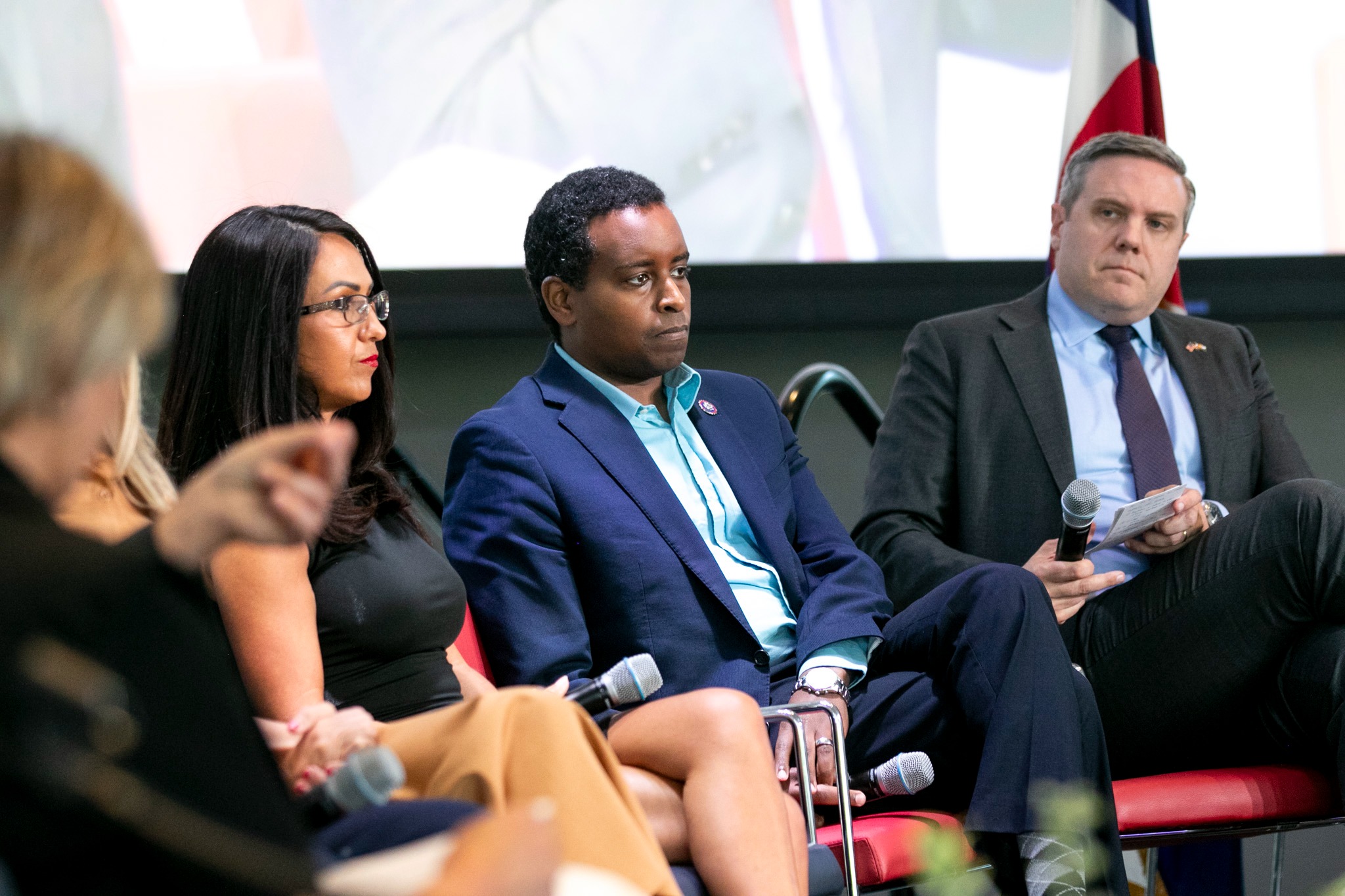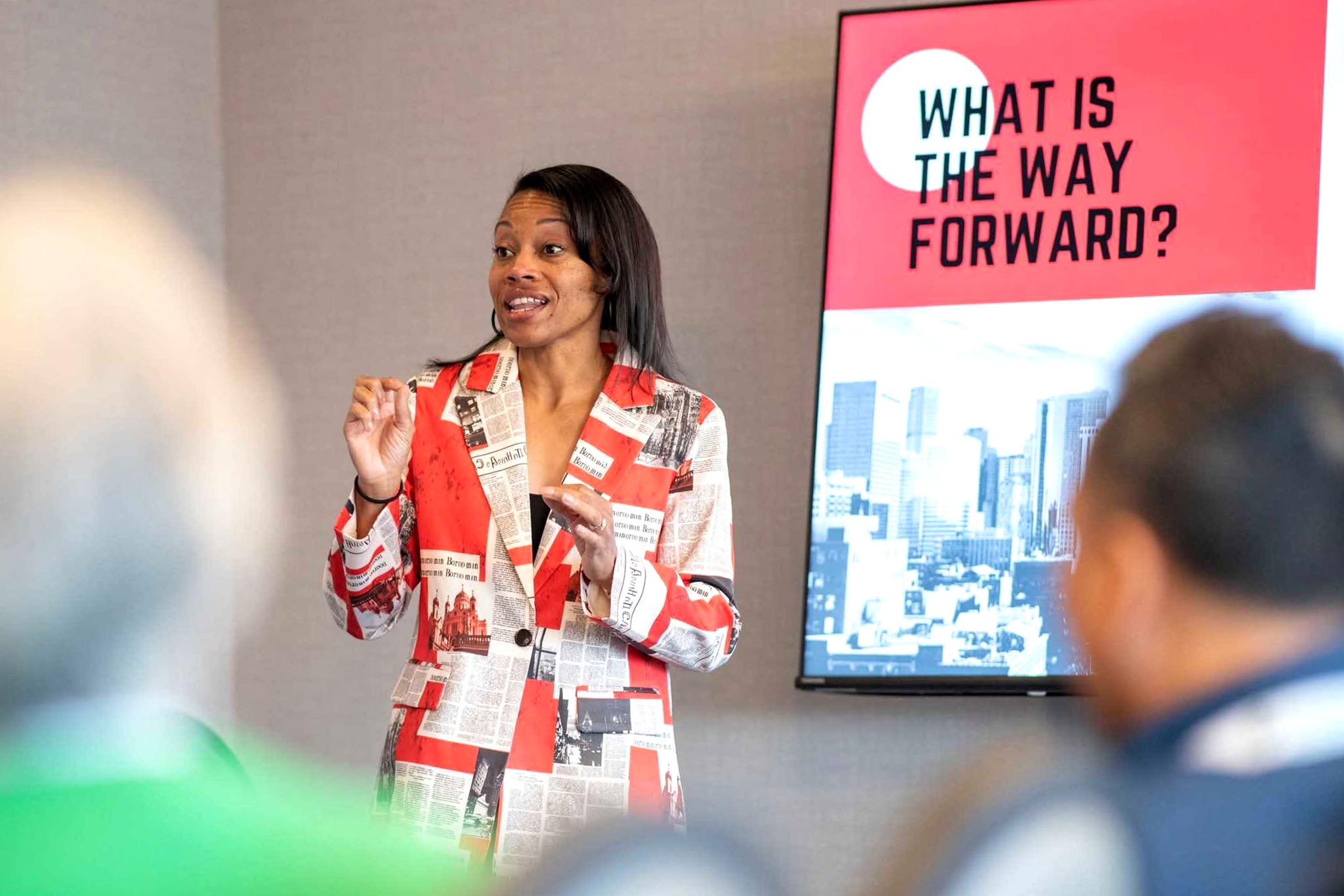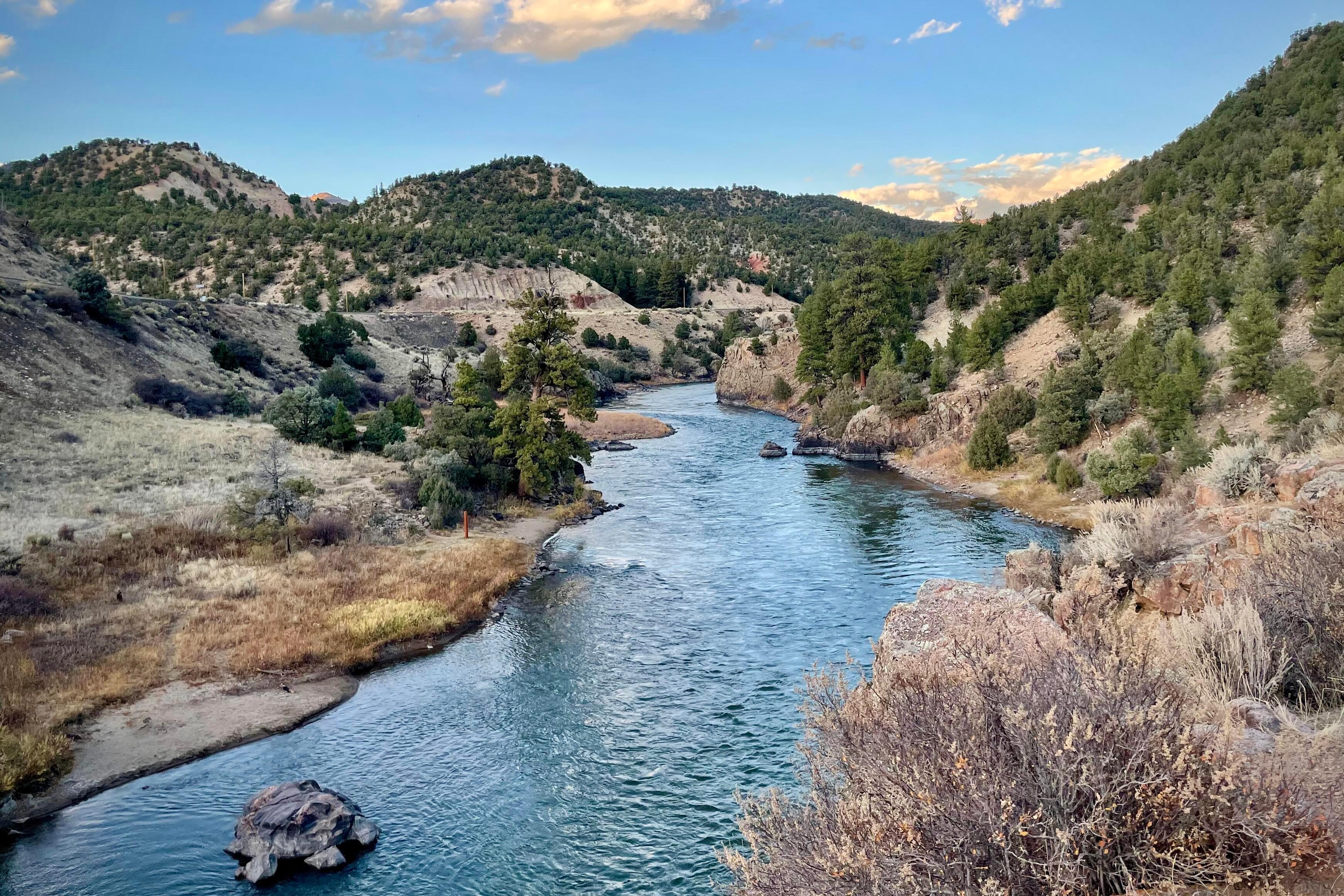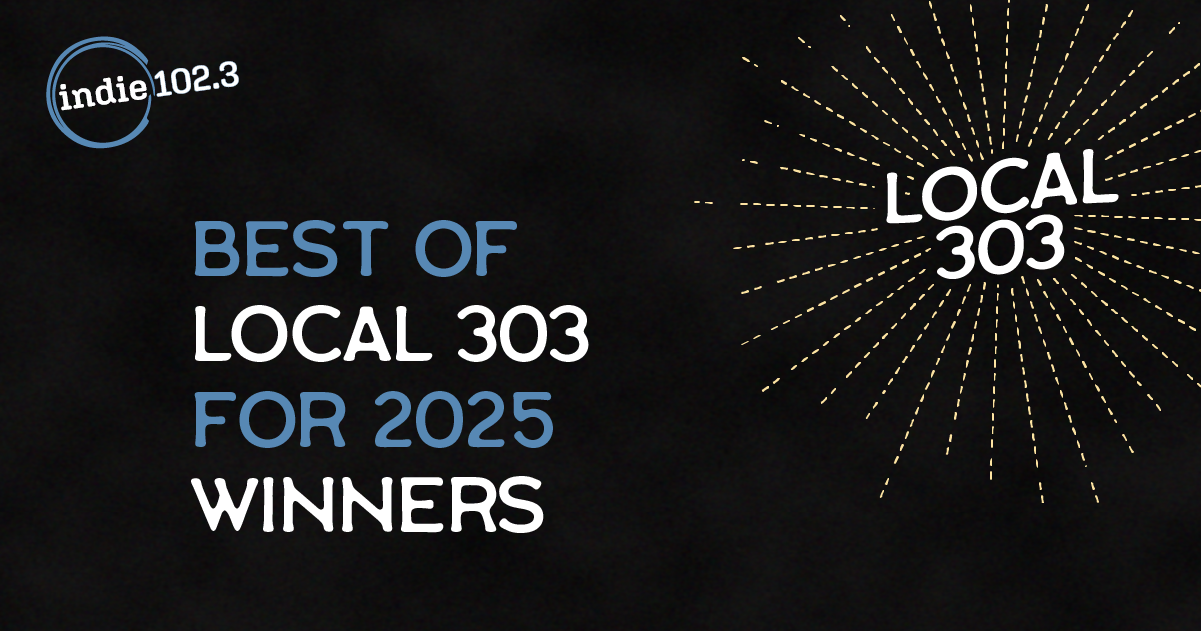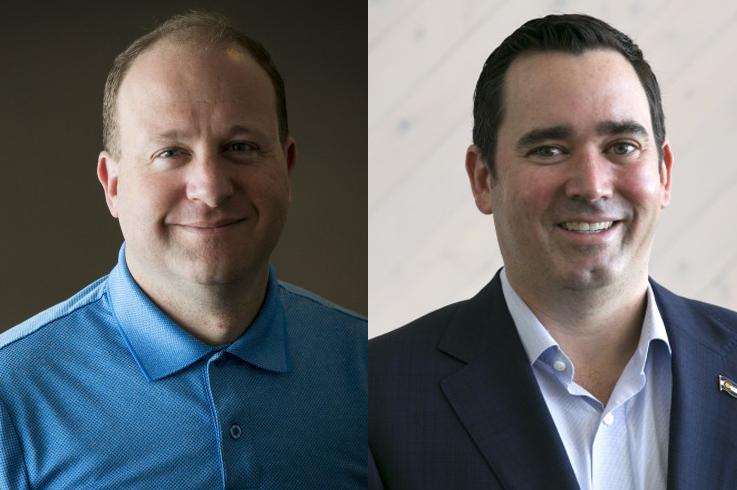
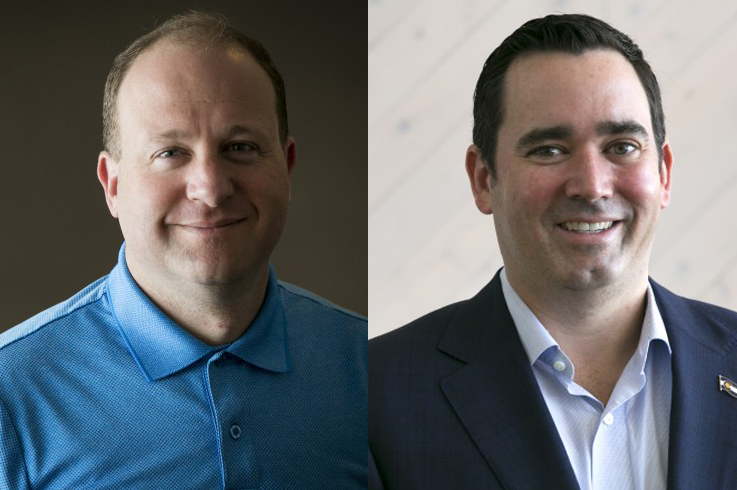
The winner of the Democratic primary is an early, though far from guaranteed, favorite to become Colorado's next governor. Meanwhile, the Republican candidate will make a run to be the first Republican governor in more than a decade.
Rep. Jared Polis, a five-term liberal congressman, won the Democratic primary Tuesday, garnering nearly 45 percent of the vote.
State Treasurer Walker Stapleton won the Republican primary with 49 percent of the vote.
Colorado's last Republican governor was Bill Owens, who served from 1999 to 2007.
“It has been long, way too long, since we had a Republican Governor, don’t you agree?” Owens said to cheers as he introduced Stapleton to his crowd of supporters at the campaign's election party.
Stapleton immediately started looking ahead to the general election and his Democratic opponent.
"Polis supports a government takeover of your healthcare," Stapleton said. "Make no mistake, as governor, Jared Polis will raise every tax and fee he can to take more money from hardworking Coloradans ... Let's win this election for the future generations that are counting on us."
“Jared Polis supports a government takeover of healthcare.” #copolitics pic.twitter.com/y6t87XJtiX
At his campaign's election night party, Polis called for Democrats and unaffiliated voters to rally behind him. This was the first primary where unaffiliated voters were allowed to vote.
"Together we will form a coalition of Democrats and independent voters, of moderate Republicans and rational Republicans," Polis said. "We will win in November and we will deliver, because together we can prove that in our America, in our Colorado, anything is possible."
Jared Polis just closed out his victory speech. He says it's time for a coalition of Ds, Us, and "rational Republicans" to stop Donald Trump and Walker Stapleton. pic.twitter.com/NzAshgV17X
The Issues Colorado Faces
The November race will feature debate over Colorado's rapid population growth and lack of investment in its infrastructure; the state's chronically underfunded public education system; and ensuring Colorado's rural eastern plains and western slope aren't left behind in metropolitan Denver's economic boom.
The candidates also will clash over competing visions for health care. Democrats want to extend coverage to include a public option; Republicans, emboldened by the federal repeal in the individual mandate that helps subsidize President Barack Obama's health care law, will fight expansion, especially when it comes to Medicaid. Nearly one in four Coloradans is on Medicaid.
What Made The Candidates Stand Out Against Their Opponents
Polis is a tech entrepreneur, former state board of education member and founder of English-language schools for immigrants. He has sparred with former state Treasurer Cary Kennedy over public education policy in the wake of teacher protests that gripped Colorado, Arizona and other states this spring.
All the Democrats said they want to change the tax-and-spending amendment to confront Colorado's rapid population growth. All espoused universal health care, protecting public lands and promoting renewable energy.
- Candidate For Governor Jared Polis, Democrat, On The Record
- Candidate For Governor Walker Stapleton, Republican, On The Record
Stapleton led a field that collectively vowed to defend any attempt to tamper with Colorado's constitutional Taxpayer's Bill of Rights, which leaves it to voters to approve tax hikes. He also aligned himself with President Donald Trump on immigration, health care and the federal tax plan.
Stapleton secured the nomination Tuesday against businessmen Victor Mitchell, Doug Robinson and Greg Lopez.
Increased Voter Turnout, Driven By Unaffiliateds
Republican Secretary of State Wayne Williams said his office invested $900,000 in educating unaffiliated voters about their opportunity to vote. Each received two ballots — one Democrat, one Republican — and, if they chose, could return just one of them by mail or at drop-off centers. Return both and they cancel out.
According to preliminary figures from the Colorado Secretary of State's Office, more than 32 percent of the state's 3.2 million active voters cast ballots in Tuesday's primary election, up from 21 percent in 2016.
Unaffiliated voters, who make up roughly a third of the state's electorate, represent the bulk of the increase. They cast more than 250,000 votes, or about 8 percentage points of the turnout.
Preliminary voter turnout among members of the two major parties was up about 3 percentage points.
Enthusiasm is one possible factor. Turnout has been high in primary elections across the country, among Democrats in particular. This year's ballot also had interesting races. Colorado did not have a presidential primary in 2016. This year, both parties have contested gubernatorial primaries atop the ticket.
Cary Kennedy Was Another Popular Choice For Democrats
Kelly Kyle, a 40-year-old administrator for a food service company, slid her completed ballot into a downtown Denver drop box Tuesday. She felt the crowded field of Democrats in the governor's race were similar and ultimately based her decision to vote for Kennedy on the endorsement of EMILY's List, a political group that backs female Democratic candidates.
Kyle said she will support whoever wins the Democratic primary in November, but she wants to see "more progressive, pro-choice women" elected around the country.
"I definitely think it's advantageous to have more women in these positions to bring a different perspective," she said.
Kennedy, in her concession speech, emphasized the need to not just rally around Polis, but to also claim Democratic seats in the state house and senate, as well as the attorney general's office.
"There are 134 days until the election, 134 days to make sure we keep the governor's office blue in Colorado," Kennedy said.
